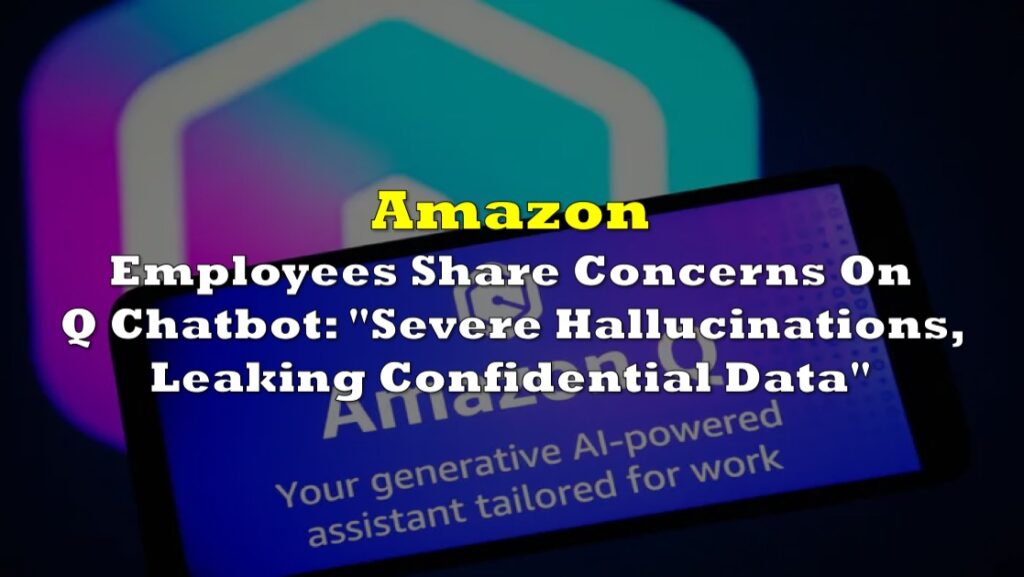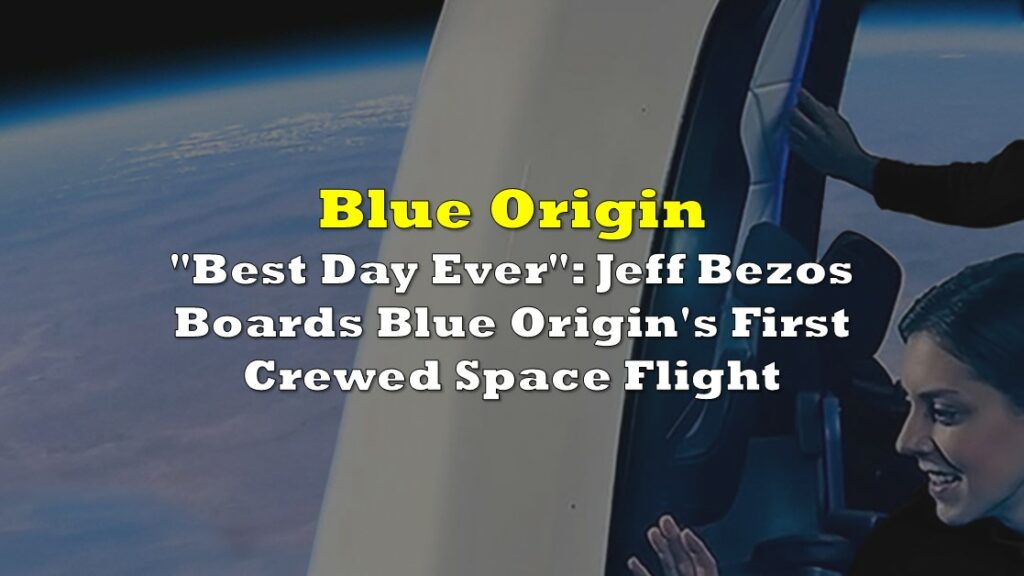Retail giant Amazon (NASDAQ: AMZN) finds itself embroiled in a class-action lawsuit over changes to its Prime subscription service. The lawsuit, filed by Wilbert Napoleon of Eastvale, California, alleges that Amazon’s decision to introduce ads into its Prime Video service without providing an opt-out option for existing subscribers constitutes a violation of consumer protection laws in Washington and California, as well as breach of contract.
For over a decade, Amazon’s Prime subscription service has been a staple for millions of consumers, offering a range of benefits including fast shipping, exclusive deals, and ad-free streaming of movies and TV shows through Prime Video. However, last month, Amazon implemented a significant change to its Prime Video offering, introducing ads into streaming content unless subscribers opt to pay an additional $2.99 per month.
Amazon’s Prime subscription service, boasting over one hundred million subscribers in the United States, has long been marketed as providing ad-free access to Prime Video content. However, in 2024, Amazon altered its terms, mandating the inclusion of ads in Prime Video content unless subscribers opt to pay an additional monthly fee. This change affects both monthly and annual subscribers, leading to allegations of deceptive advertising and unfair business practices.
“Instead of receiving a subscription that included ad-free streaming of tv shows and movies, they received something worth less. They cannot enjoy ad-free streaming unless they pay an extra $2.99/month. Thus, Amazon’s false advertisements harm consumers by depriving them of the reasonable expectations to which they are entitled.,” the suit read.
Last month, Amazon began including ads in streaming Prime content, unless subscribers paid an additional $2.99/mo.
— Rob Freund (@RobertFreundLaw) February 10, 2024
Today, Amazon was sued in a class action alleging that the price increase violates WA and CA consumer protection laws and for breach of the Prime user agreement. pic.twitter.com/G7RtVKQ3O5
The lawsuit, spearheaded by Napoleon, seeks to represent a class of consumers across the United States who purchased an annual subscription to Amazon Prime prior to December 28, 2023.
Napoleon argues that Amazon’s actions have misled consumers who subscribed to Prime under the impression of receiving ad-free streaming as part of their subscription package. The introduction of ads without an opt-out provision for existing subscribers has left many feeling cheated, as they now must pay extra to regain the ad-free experience they initially signed up for. This, according to the lawsuit, constitutes a breach of trust and harms consumers who relied on Amazon’s representations.
This development comes after Jeff Bezos, the founder of Amazon and one of the world’s wealthiest individuals, has made headlines once again, this time for divesting a significant portion of his Amazon stock for the first time in two years. According to a regulatory filing published on Friday, Bezos sold approximately $2 billion worth of Amazon shares over the course of Wednesday and Thursday of this week.
This move marks the first time Bezos has reportedly sold Amazon nearly 12 million shares of Amazon, representing slightly over 1% of his total holdings in the e-commerce and cloud computing giant. This also coincides after he registered to vote in tax-friendly Florida and announced his move to Miami.
Despite having stepped down from his role as CEO of Amazon two years ago, Bezos remains a central figure within the company, serving as its chairman and holding the title of its largest individual shareholder. With an estimated net worth of $196 billion, Bezos holds just under 10% of Amazon’s stock, making his recent stock sale particularly notable.
Information for this briefing was found via Forbes and the sources mentioned. The author has no securities or affiliations related to the organizations discussed. Not a recommendation to buy or sell. Always do additional research and consult a professional before purchasing a security. The author holds no licenses.











